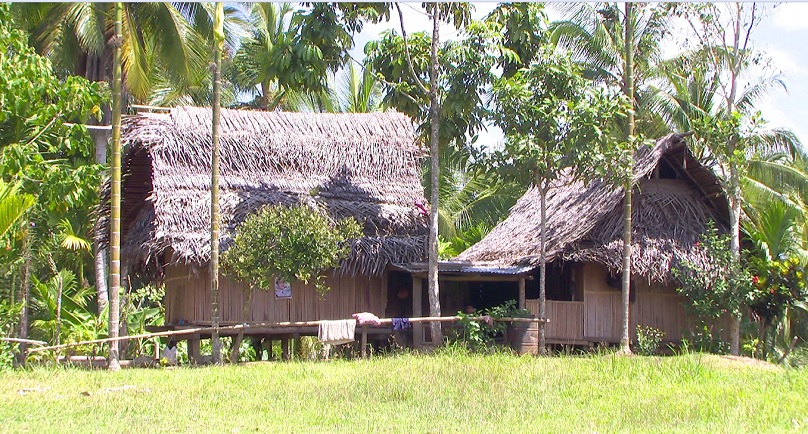By Sasha Pei-Silovo – EM TV, Port Moresby
Papua New Guinea’s appalling performance in meeting the Millennium Development Goals (MDG) is a representation of the current status of women’s and children’s health in the country of more than 7 million people.
The issues surrounding maternal and child health are very real; and the incidence rate of maternal and infant mortality remains one of the highest in the world. It is estimated that for every 1000 live births, at least 61 infants under five die, and one in every 120 women die from pregnancy related complications during childbirth.
PNG’s poor maternal and child health statistics are widely known; yet, despite the problem being around for decades, we as a nation have done very little to implement solutions to address the age-old issue.
Papua New Guinea’s failure to achieve the MDGs and in adequately addressing the healthcare of our women and children gives insight to just how far we’ve come in meeting the health needs of the country.
At the recent Australian Senate Inquiry looking into Australia’s Aid programme to PNG, aid groups were quick to highlight the many development challenges that continue to plague the nation. PNG’s maternal and child health status was at the centre of their presentations.
World Vision PNG Country Program Director, present at the inquiry, spoke of the high cases of stunting in babies. The stunting was mostly brought on by malnutrition that caused hindrances to the development of a child’s brain that were, in most cases, irreversible.
As it stands, nearly 50 per cent of babies in Papua New Guinea are stunted.
Dr Curt von Boguslawski, head of World Vision PNG, told the inquiry that Papua New Guinea’s low performance was an indication of the seriousness of the problem at hand.
The deaths of women and children are preventable and by now, we should be well aware of what needs to be done and have long term solutions and collaborative approaches to guide efforts in combating our high maternal and infant mortality rate.
Medical experts say that the lives of countless women and children could be saved with access to quality healthcare and medical supervision during antenatal, birth, prenatal and postnatal care. The rollout of family planning services is also an area that needs more support.
Yes, we are a nation that has experienced economic growth; but we are also a nation that lags behind in development where human beings are concerned.
In rural communities where access to basic services is near to non-existent, pregnant women are often unable to reach the nearest health centre, miles away, due to logistical problems.
The Sepik River area is one example where mothers either trek by foot or travel by dugout canoes for days before reaching the highway that will take them to the provincial centre of Wewak. The days of journeying for any woman heavy with child are hard and many-a-women have succumbed to death along the way.


